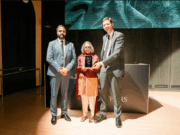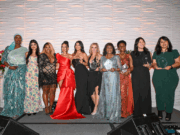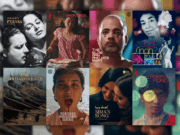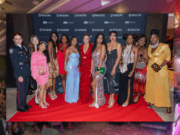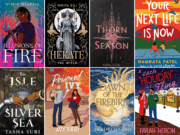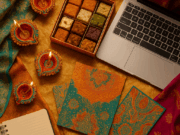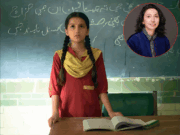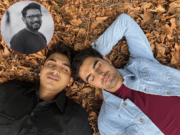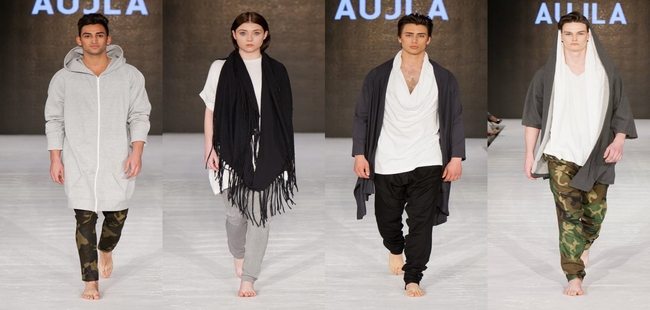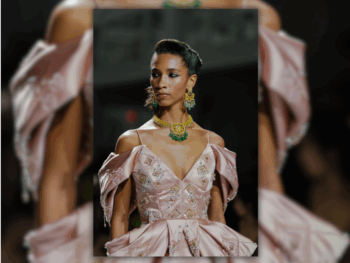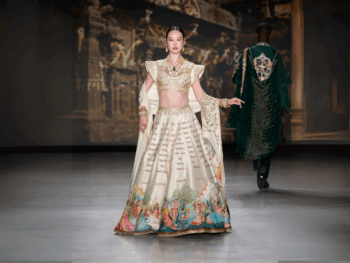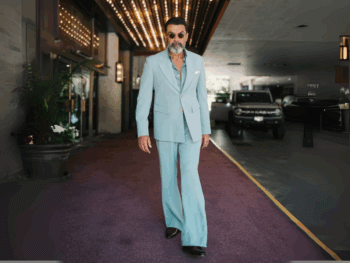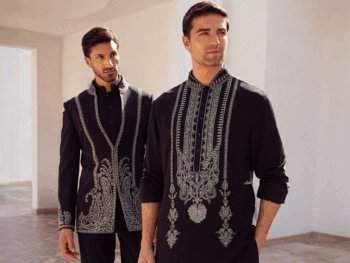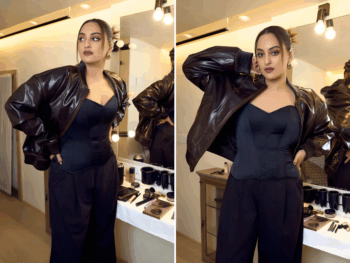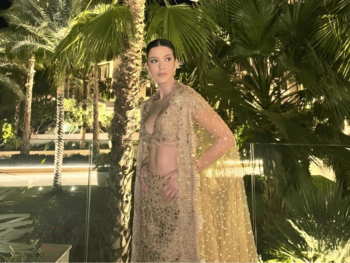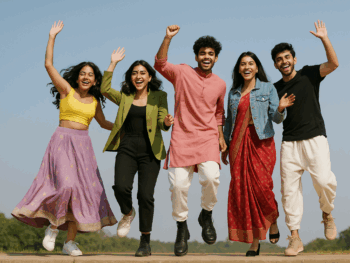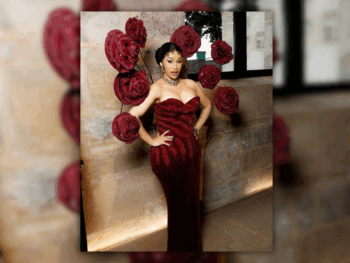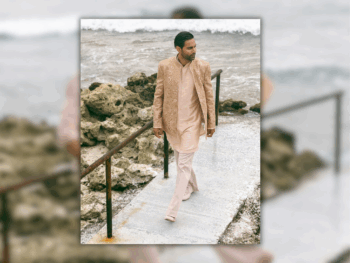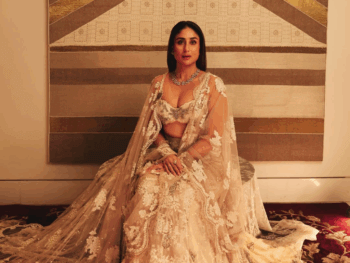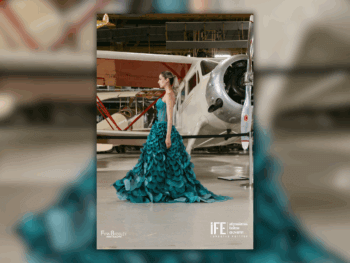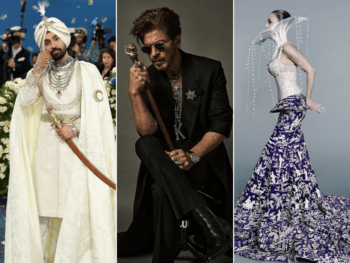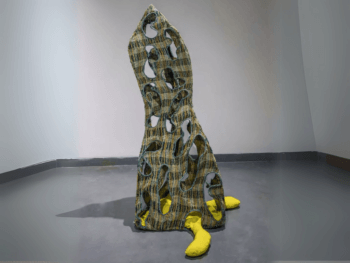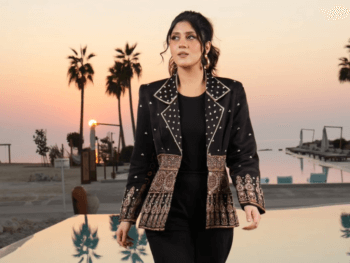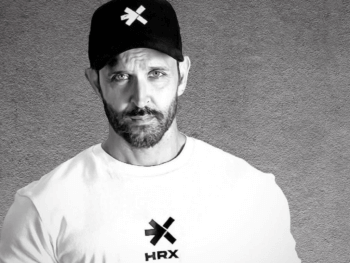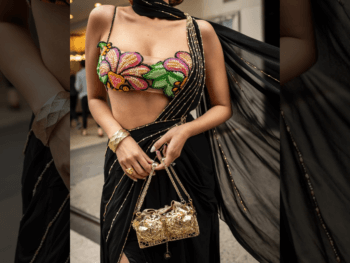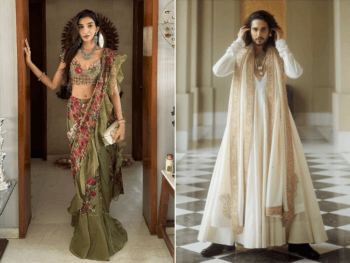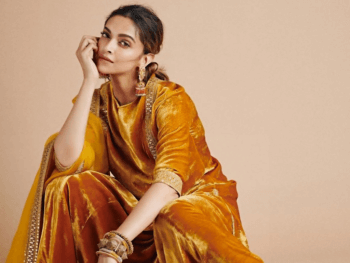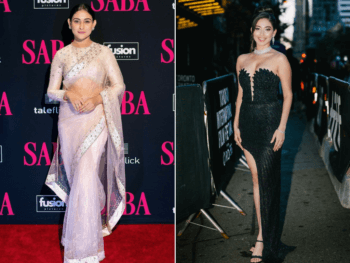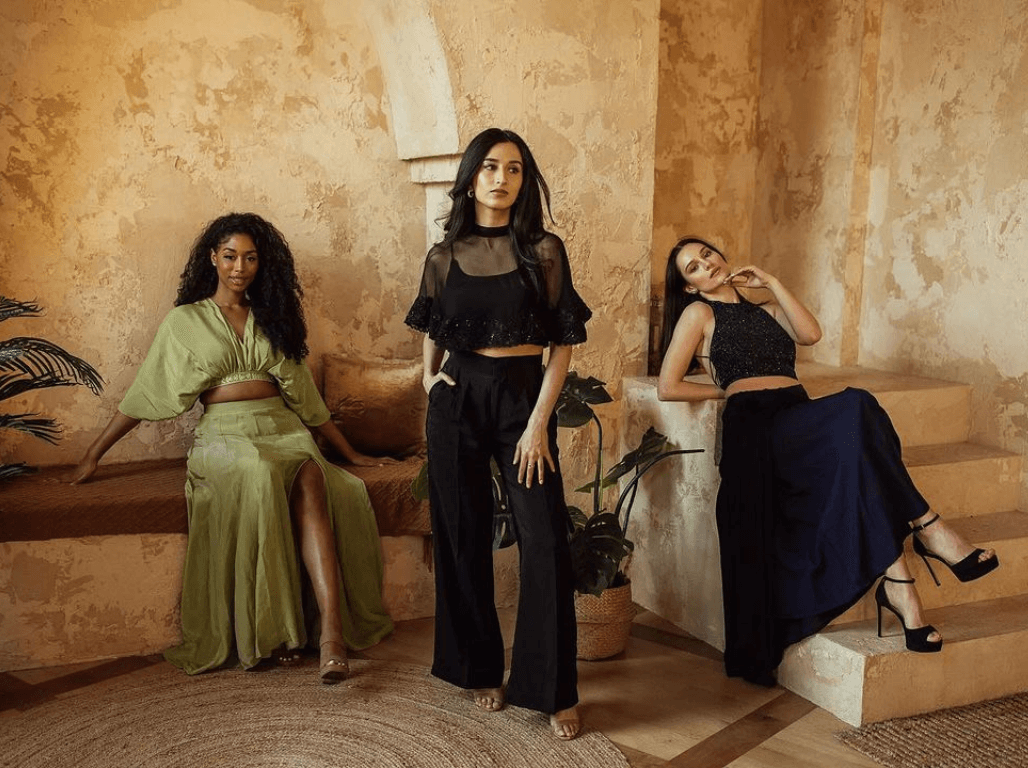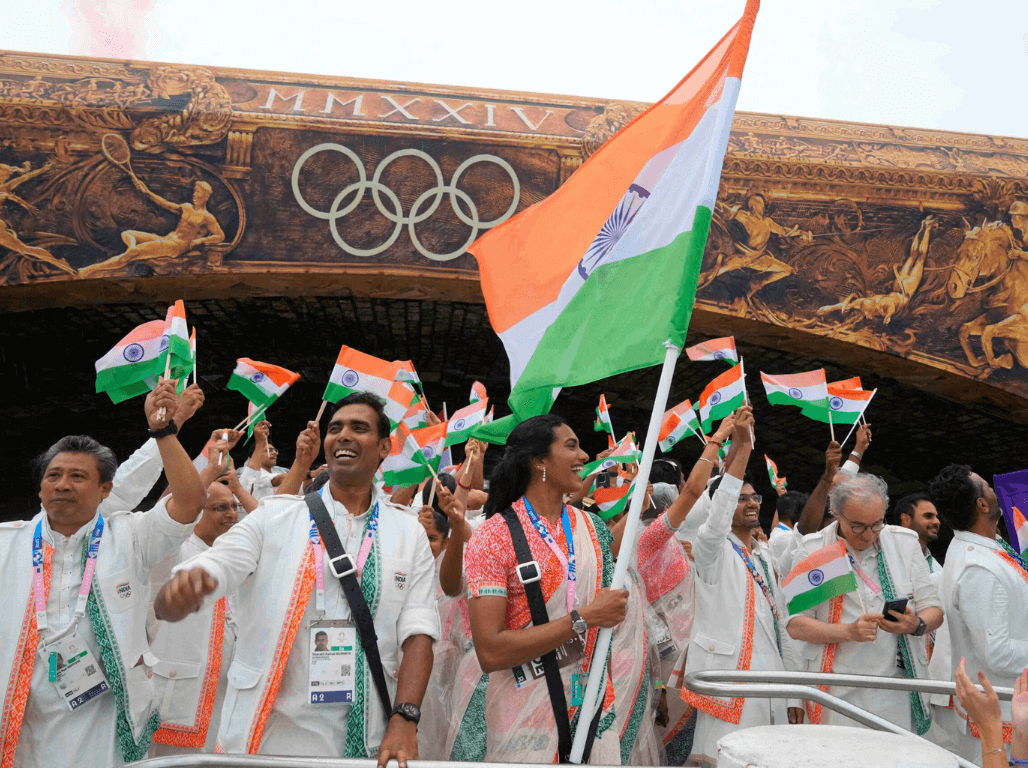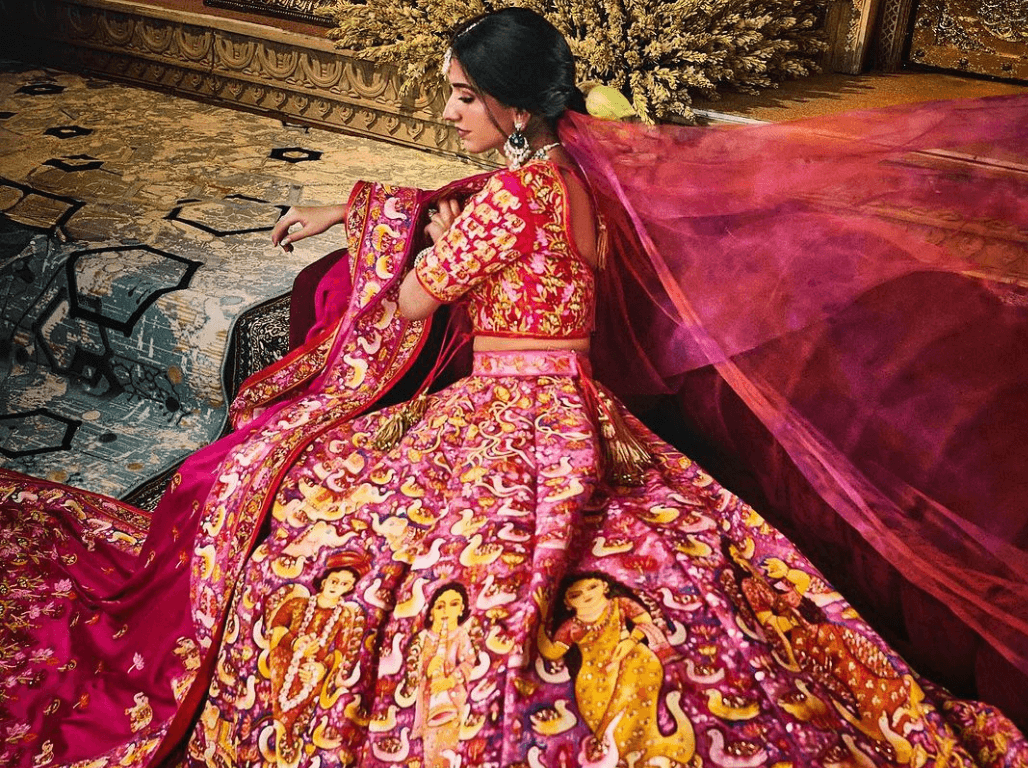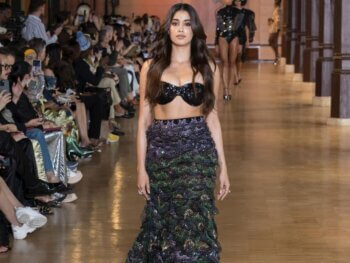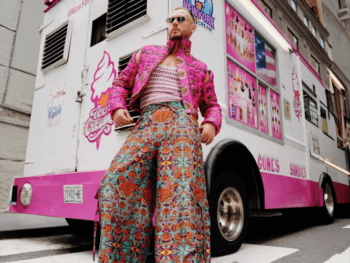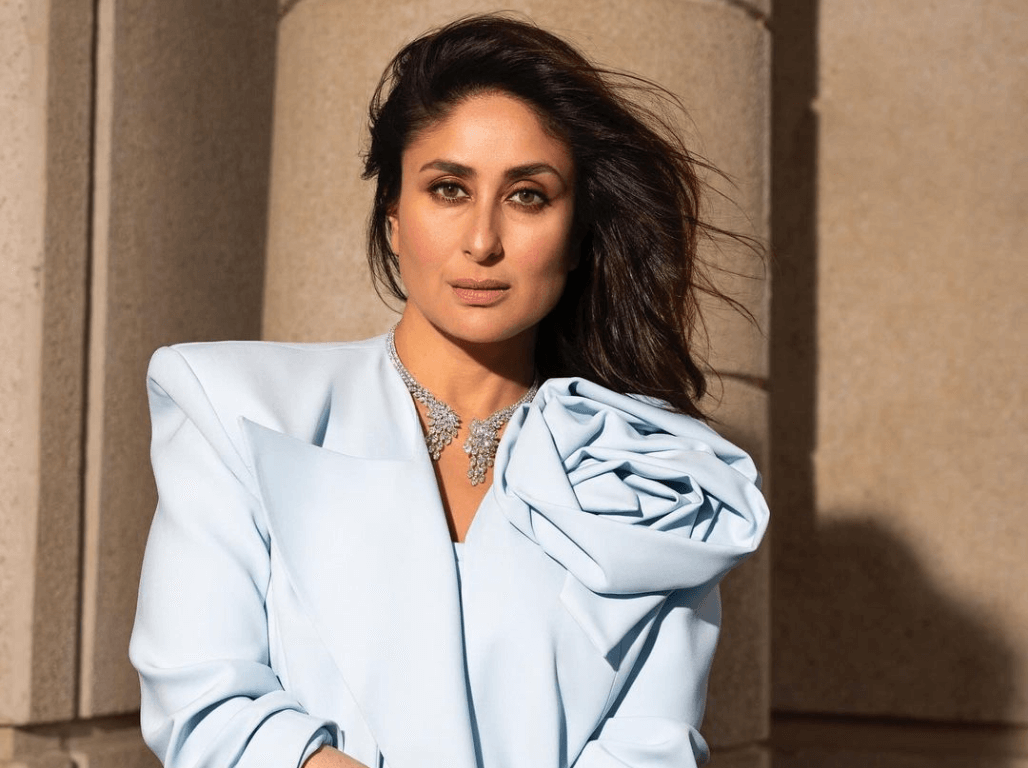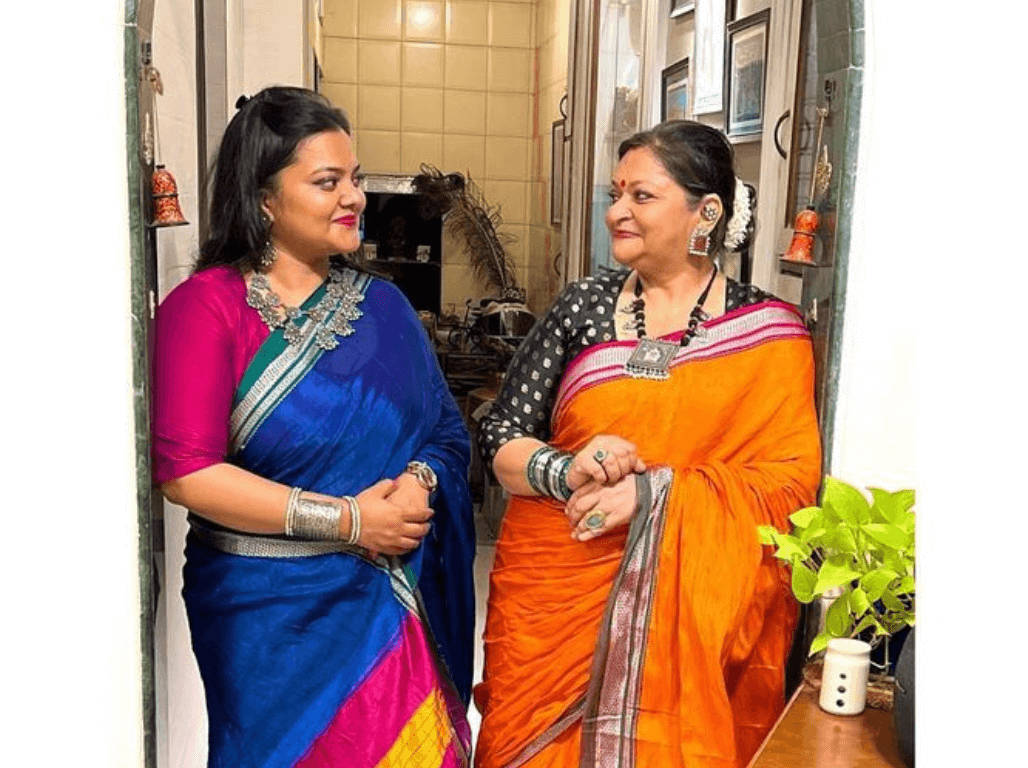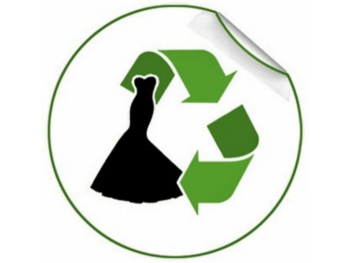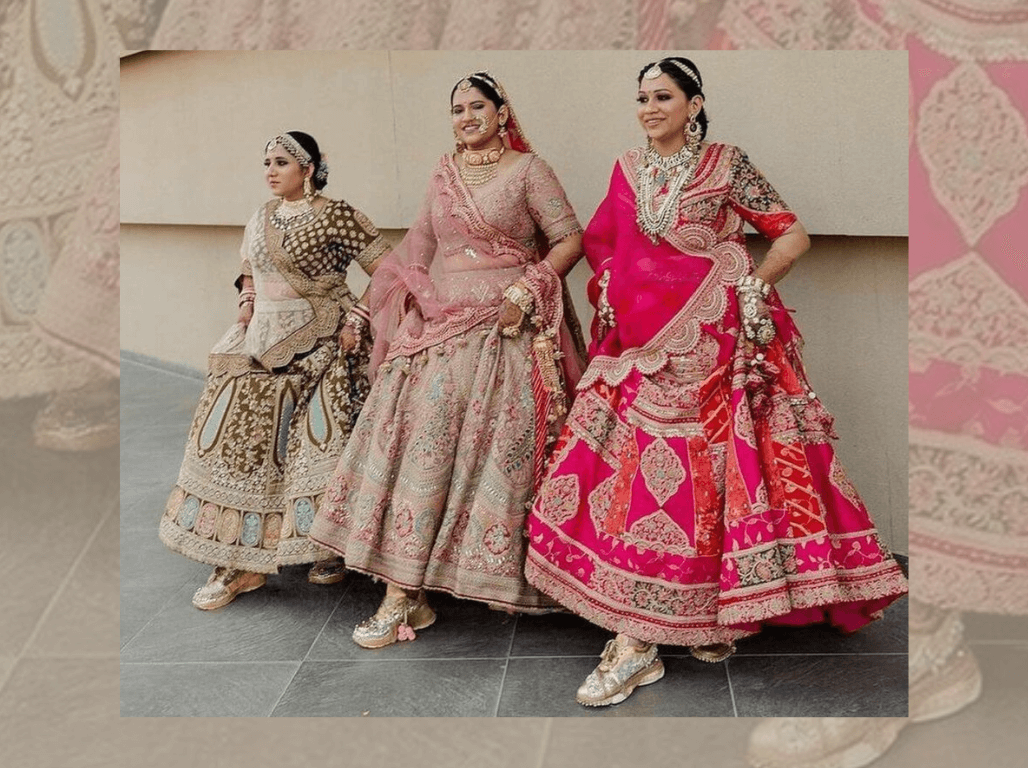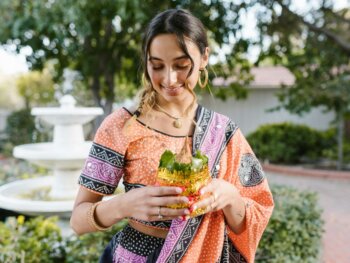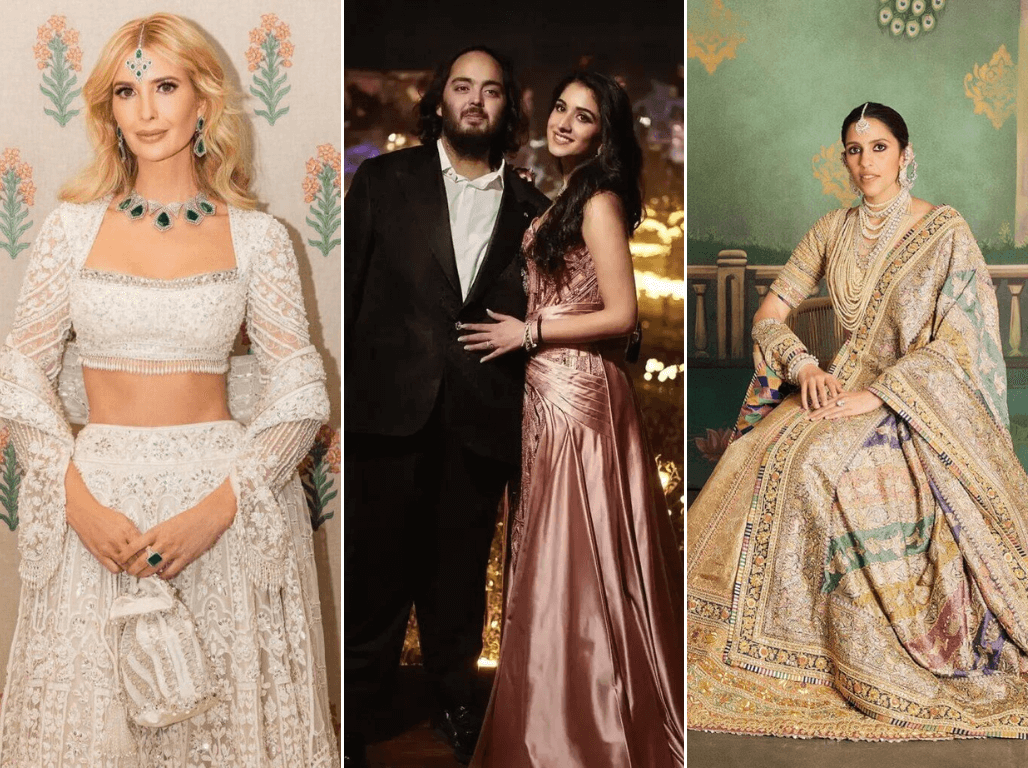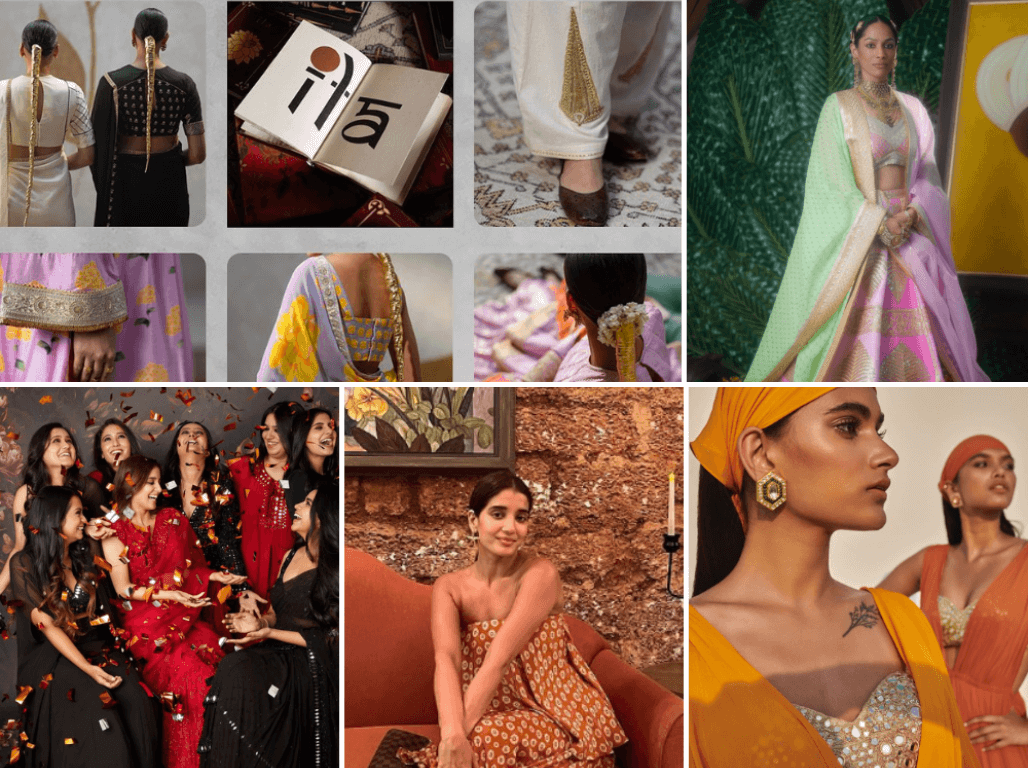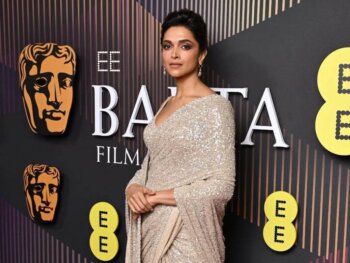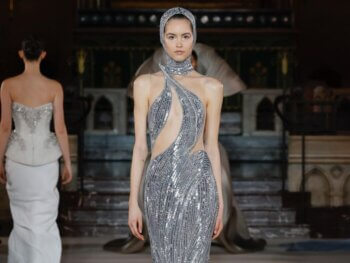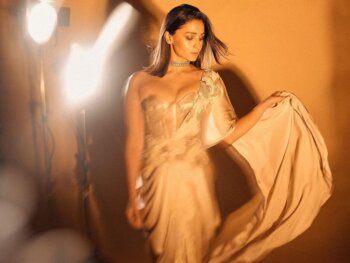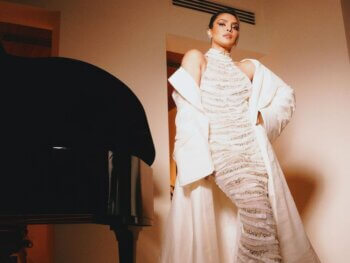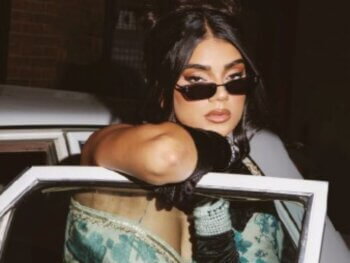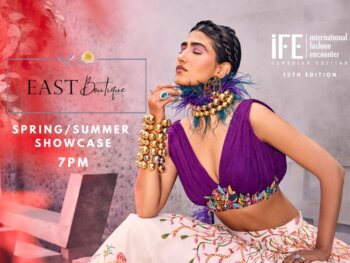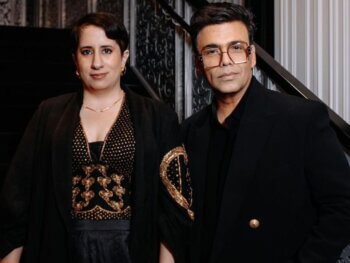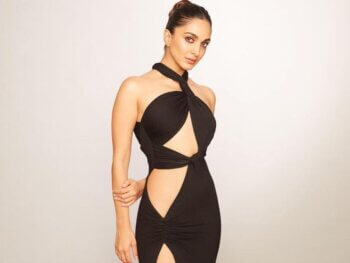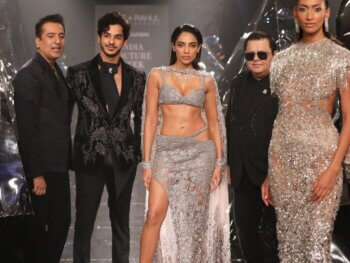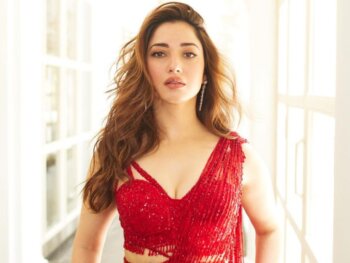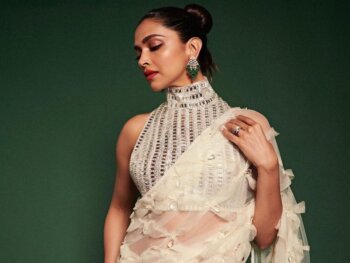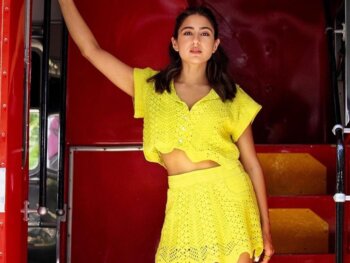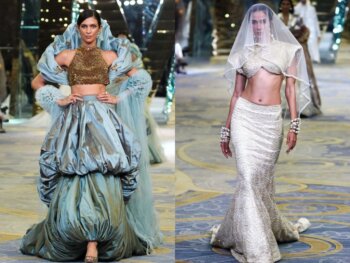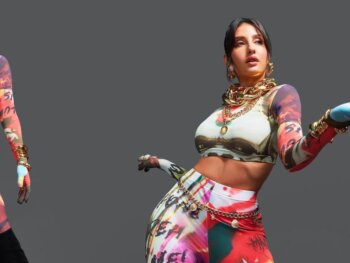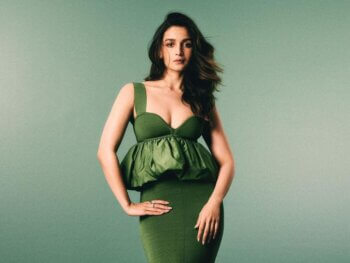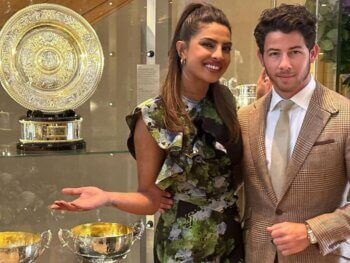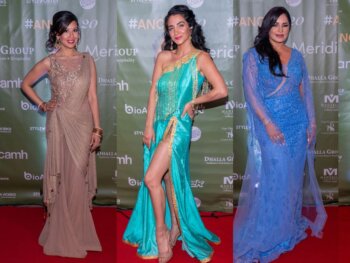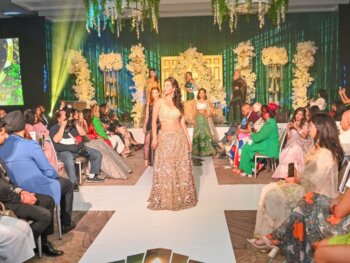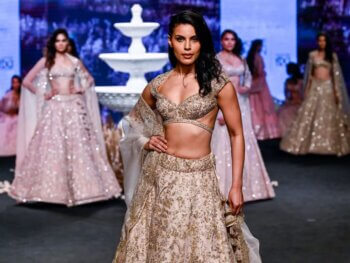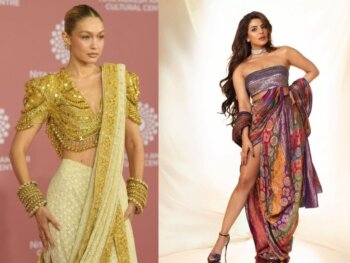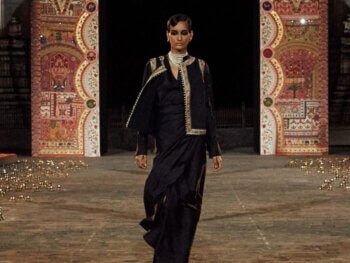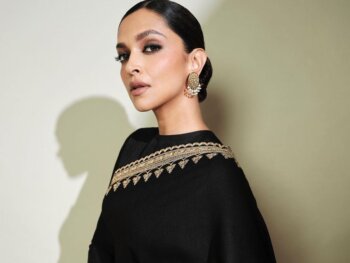Designer Raji Aujla's New Collection, AUJLA, Defies Cultural & Social Norms By Displaying An Androgynous Mix Of Chic New Wear Perfect For Any Fashion Enthusiast!
Celebrating its ninth season, Eco Fashion Week (EFW) hit the City of Vancouver on April 19–24 to inform and inspire the fashion-conscious and sustainable-minded alike. The show emphasized harmony between beauty and the environment. Among the designers showcasing was South Asian designer Raji Aujla, whose collection AUJLA graced the runway for the second time.
The collection did not disappoint with a beautiful showcase of structured garments, flowing fabrics, utilitarian draping and contemporary cuts to exemplify the new, modern-day, androgynous fashion enthusiasts. Neither male nor female, AUJLA creates garments worthy of unique individuals brave enough to defy cultural and social gender norms.
I chatted with the designer about her unique political, social, cultural and historical take on fashion and the impact of her collection with its showcase at Eco Fashion Week.

DANIEL PILLAI: You have always been able to create looks that are androgynous, including the best of both worlds and genders. What elements go into creating a collection like this?
RAJI AUJLA: The first collection I created was a menswear line, but we had a lot of women purchase our pieces. I guess somewhere between that and shopping in the menswear department myself made me want to design a collection for all genders.


DP: Your collections are always known to make a social, cultural or political statement — often including history. What elements have gone into this collection?

DP: Why did you have your most recent collection be an eco-friendly one?
RA: I knew that I wanted this label to be more than just an outward creative expression. I planned for it to support a larger cause. So over the past three years, I conceived The Sikya Project, a not-for-profit organization whose mandate is to support and build new sustainable schools in conflict zones like slums and refugee camps. The schools are meant to be sustainable, eco-friendly in their design, infrastructure and operation but also curriculum and impact. I asked a few incredible people that I met during Spoke to see if this organization could take shape, and they’ve since become my board members!
The inspiration? As an entrepreneur who recently became godmother to my sisters’ twins, Arjan and Anaya, I knew that I wanted to run a company that was green and sustainable and that employed eco-friendly practices. Et voilà! An eco-friendly fashion label is born and a clean, paperless office takes form. 😉
 DP: Now you are showcasing at Eco Fashion Week, and its purpose is to support global sustainability issues intrinsic to the fashion industry. Where do you think your fashion, your vision and your artistry play into this?
DP: Now you are showcasing at Eco Fashion Week, and its purpose is to support global sustainability issues intrinsic to the fashion industry. Where do you think your fashion, your vision and your artistry play into this?
RA: We’re still new to the eco-friendly way of operating, as an individual and as a brand. We are learning as much as we can about eco-friendly business practises and while it’s helpful to have the support of the Eco Fashion Week family, it’s been challenging in the realm of fashion. I had an idea what I wanted this collection to look like, but when it came to execution, we had to rework the designs and work backwards. I wasn’t able to find the kind of fabrics and hardware that I was looking for. I found it challenging to find fabrics that were either from eco-friendly factories or organic or entirely bamboo or hemp. And when I did, there weren’t many options in terms of prints and blends. So I ended up just purchasing what I liked, mainly bamboo and organic cotton, and I stuck to a colour palette that I was familiar with, and I designed patterns for those fabrics … not the other way around, as I did my first collection. This time around, we also used as much of our scraps as possible. There is a scarf that we had on the runway that was made of fabric that was left after cutting out a t-shirt. It was about a quarter of a yard and I didn’t want to dispose of it. This thought process is new to me, and every time we come up with a new way to limit the waste of our resources, I feel like treating myself to a cookie.
I guess what I’m getting at is that we’re still learning the ropes. In the end, we are trying to do the best to structure ourselves as an eco-friendly business keeping in tact our artistic vision and also keeping on track the impact that we are trying to make.
DP: Tell me about some of the hot seasonal trends for men and women showcased in your collection.
RA: I think the colour palette was on point with most of the fashion houses that I follow. I think there is also something to be said about minimalist design on the runway that has been seen often in the past few years. I’m trying to combine this minimalism with utilitarian design. That is the direction that sets me a bit apart.
Photos courtesy of Jensen Lee & Neelu Garcha
Daniel Pillai
Author
Daniel is the Digital Media Manager for ANOKHI MEDIA and the host for ANOKHI's entertainment channel, PULSE TV. As part of the dream team, Daniel manages all multiple channels under ANOKHI’s portfolio, while also training new on-air talent, and showing budding p...




